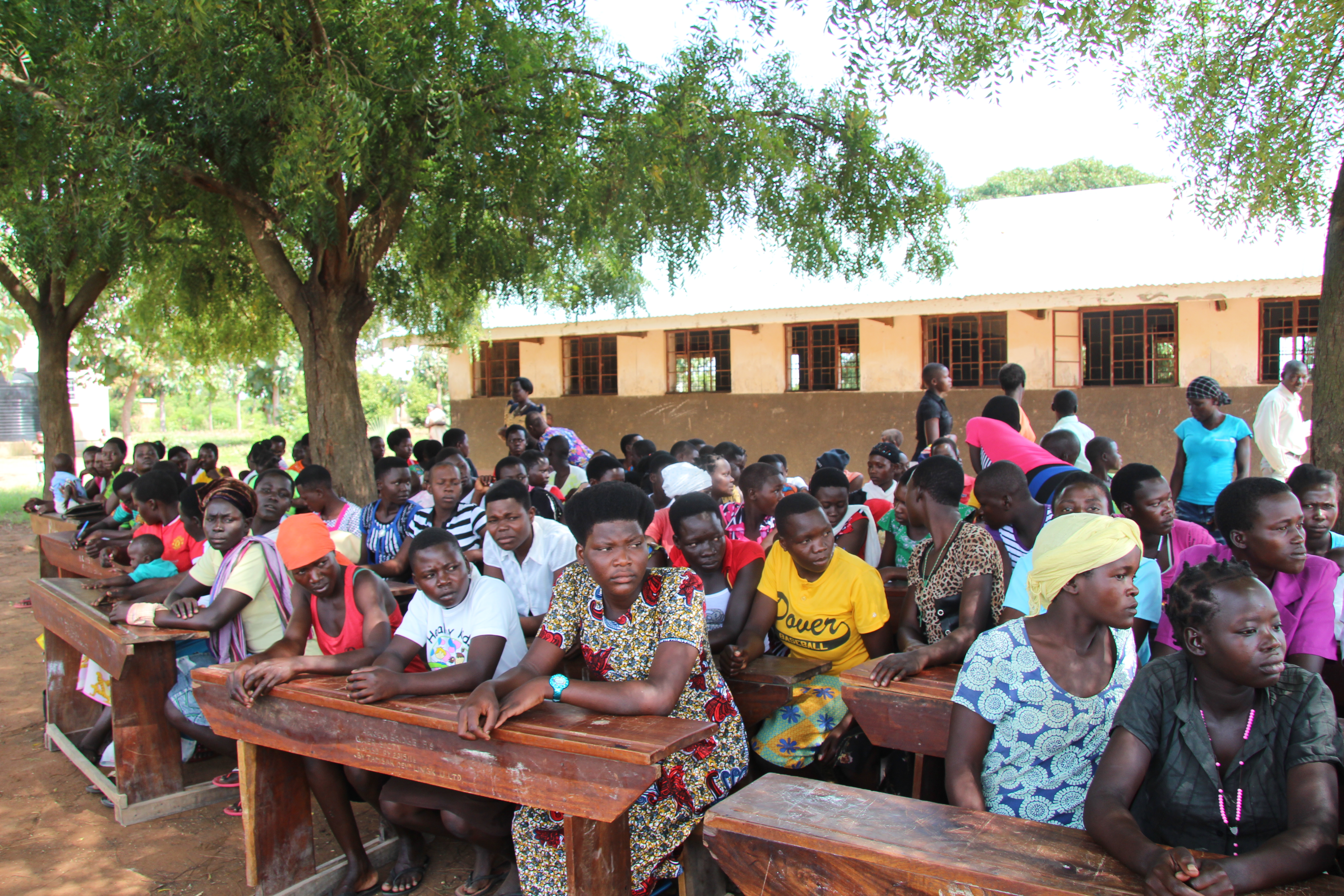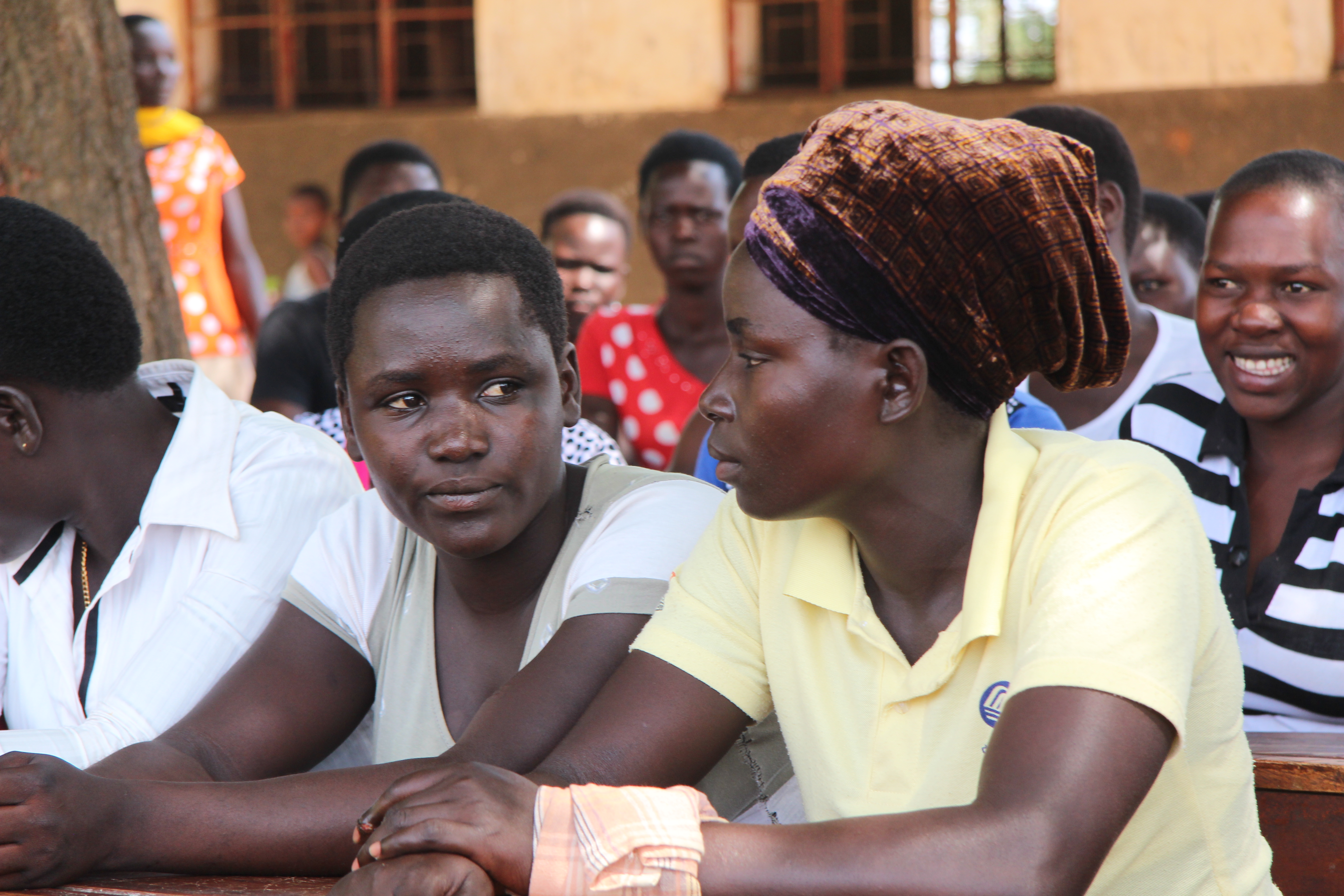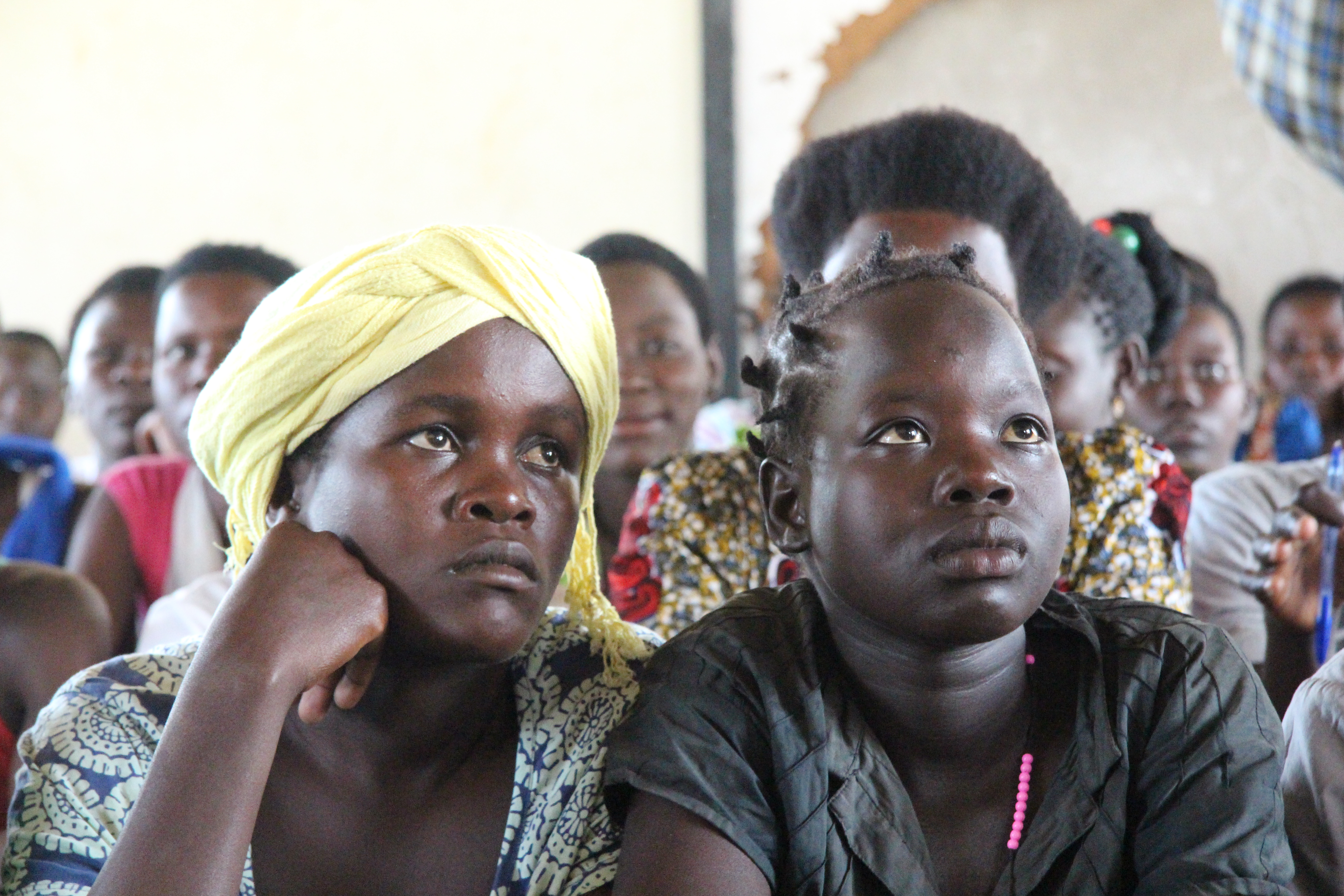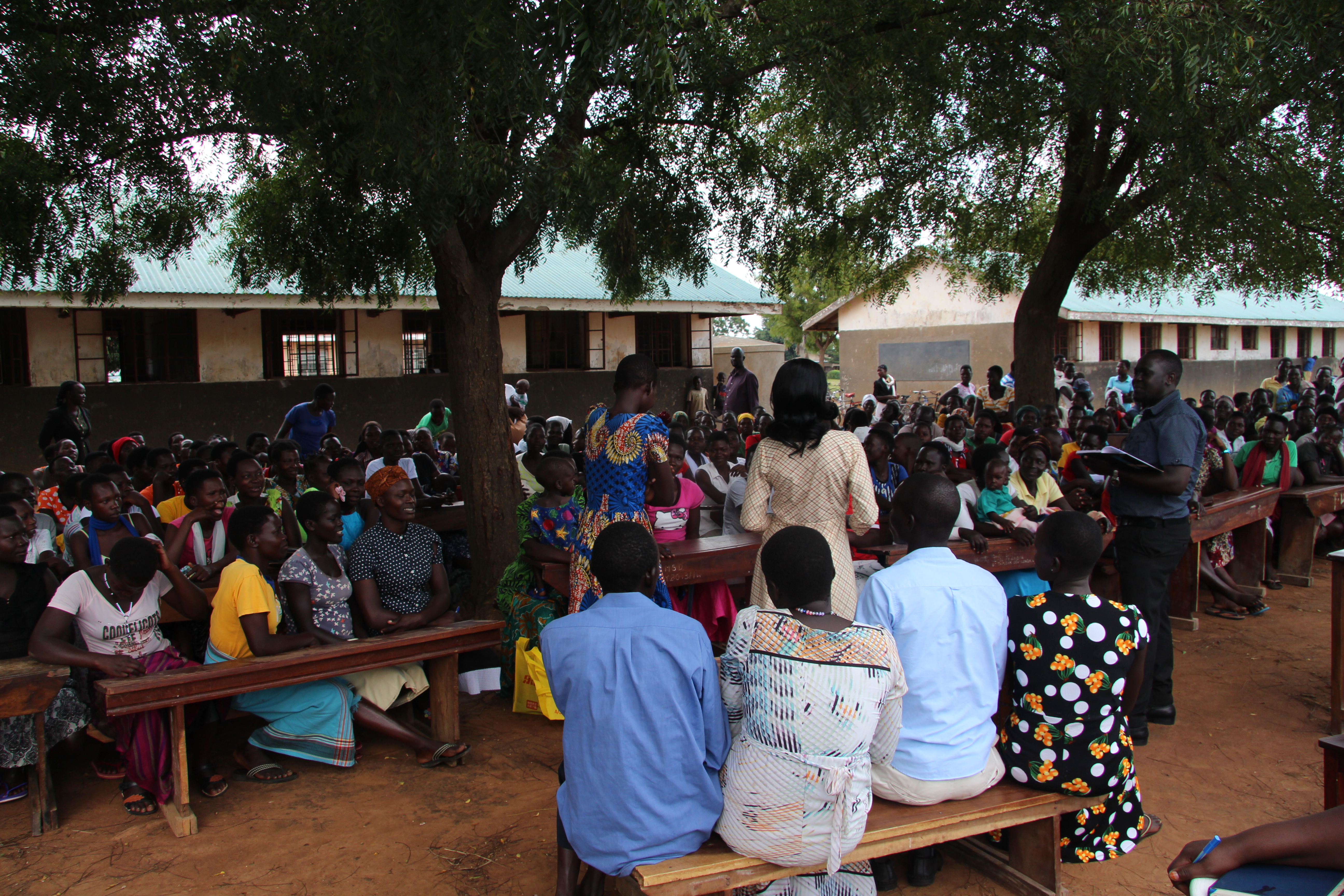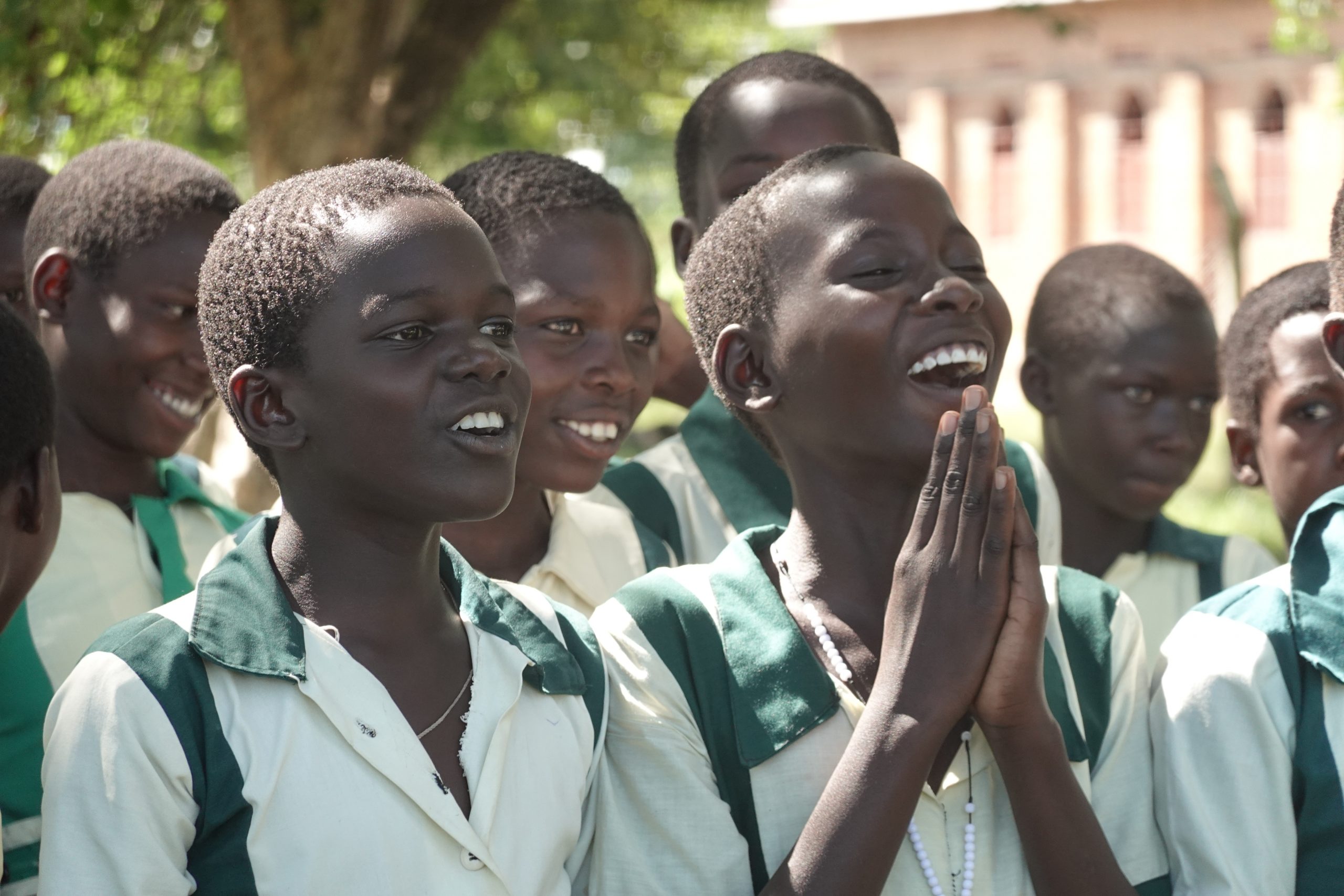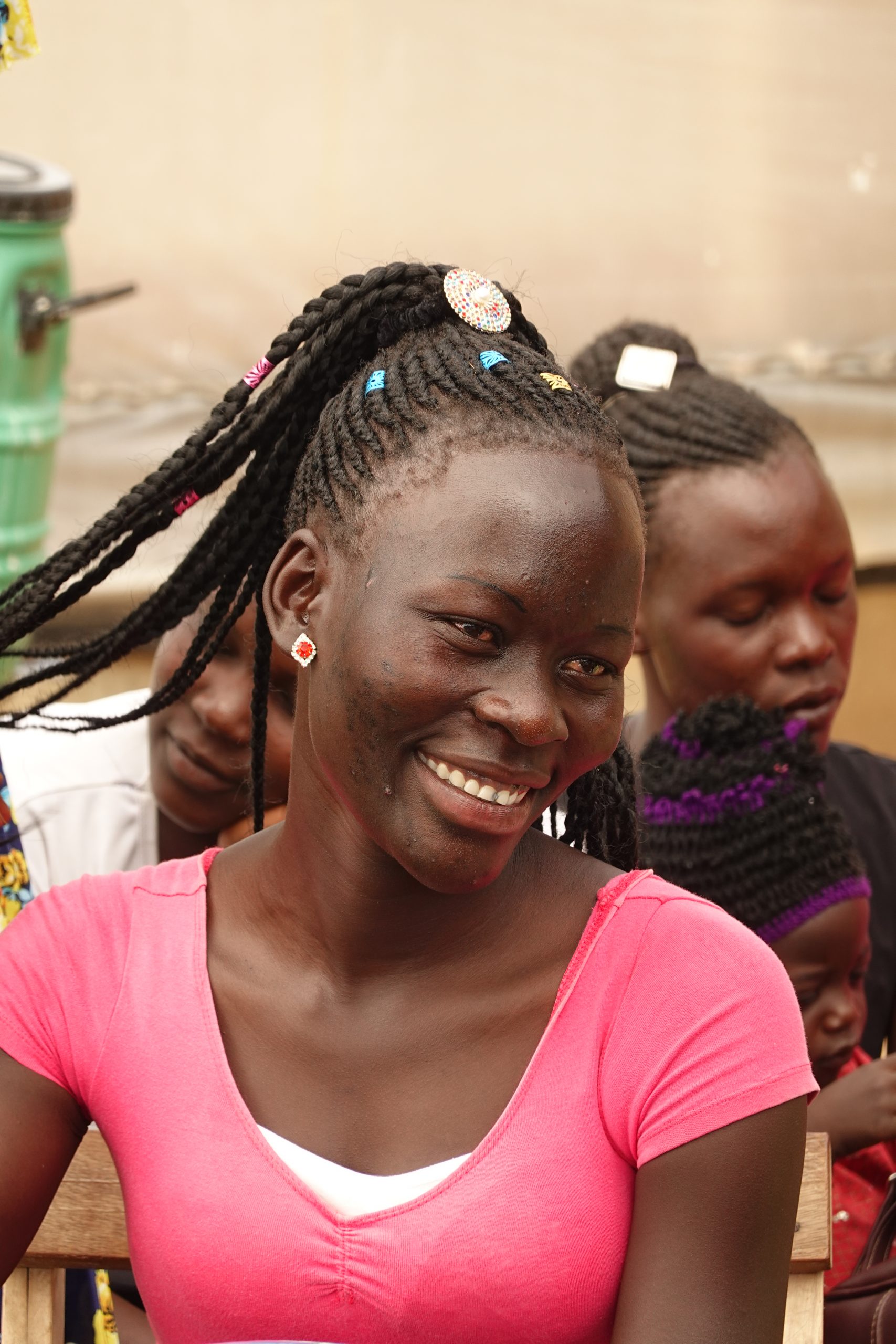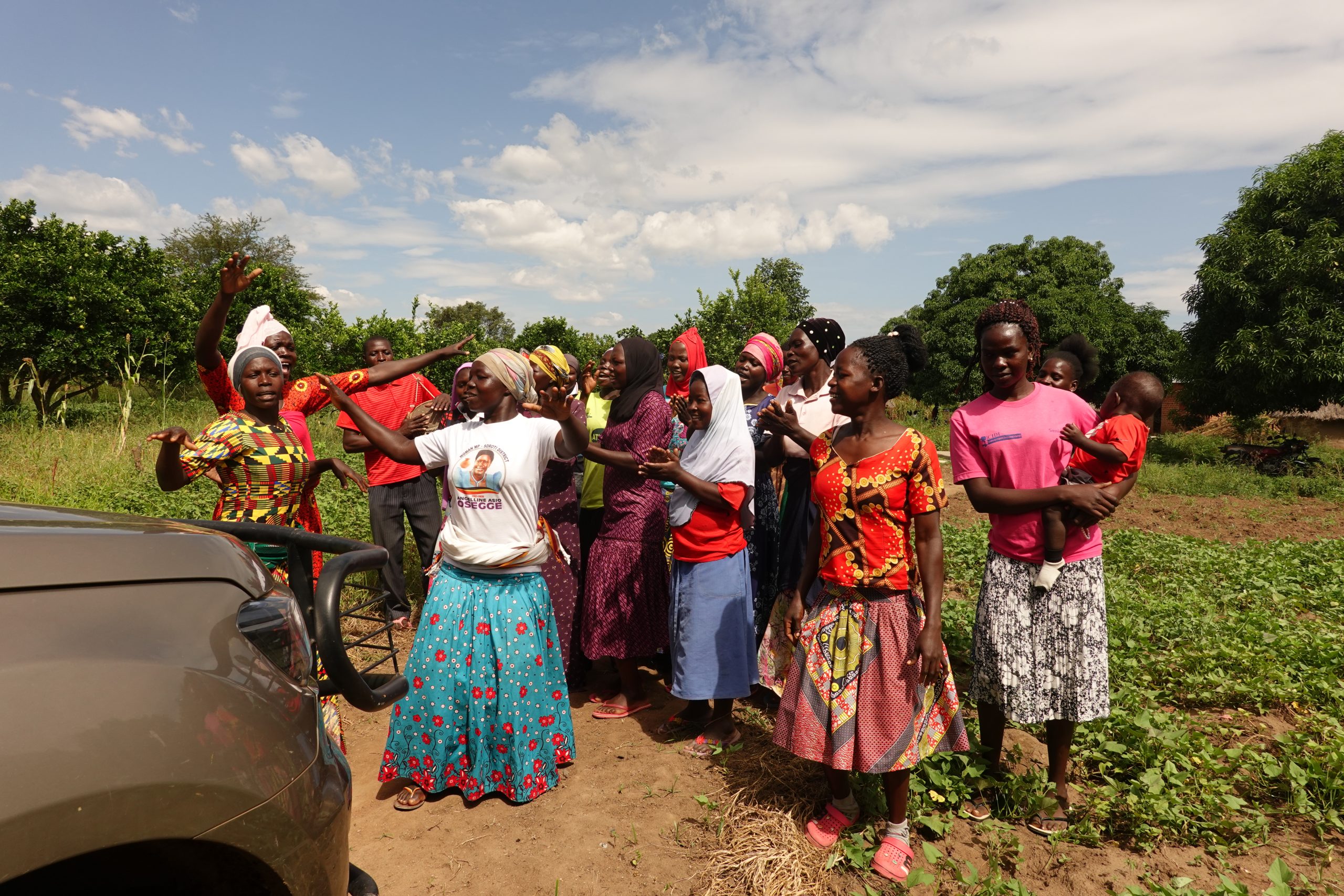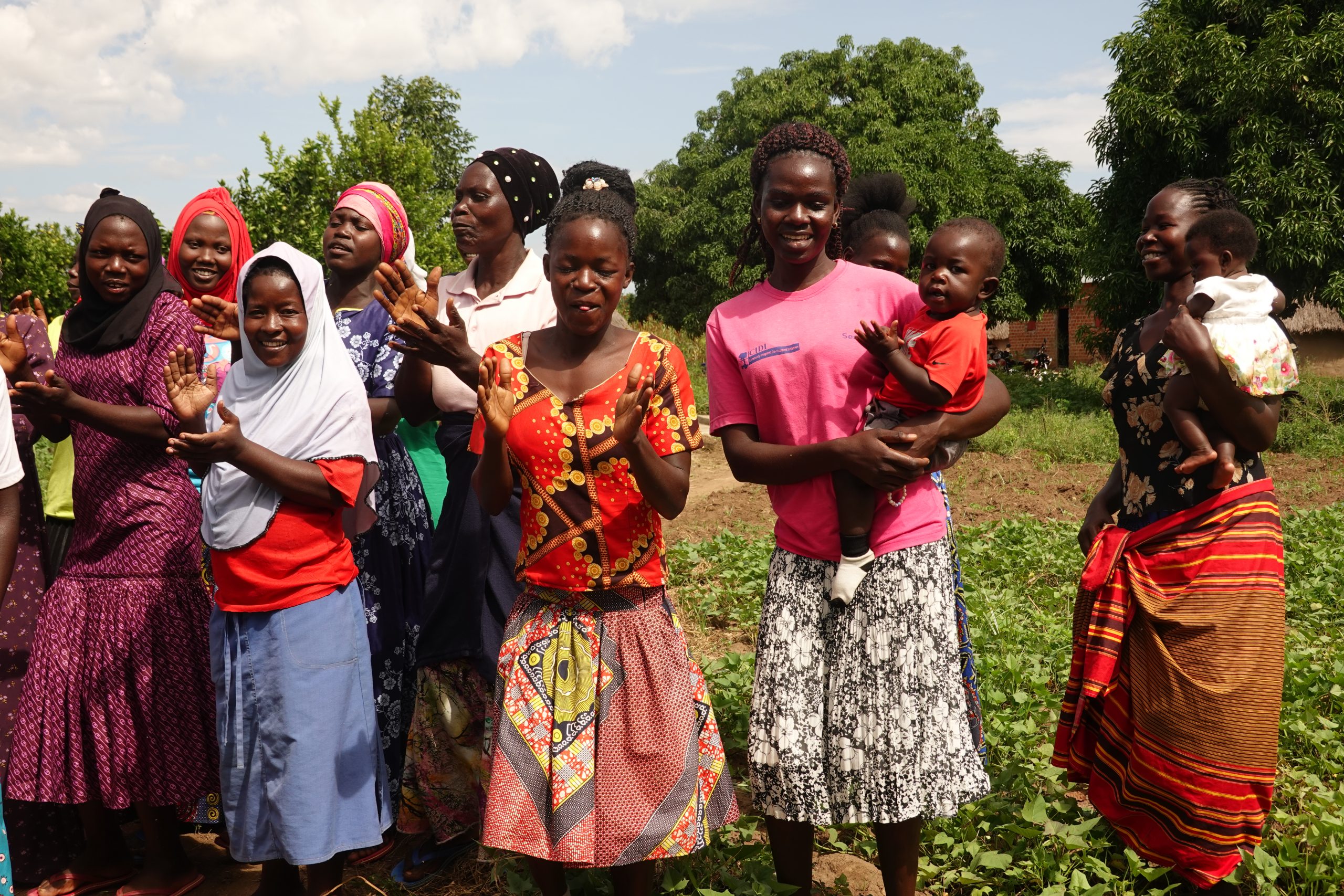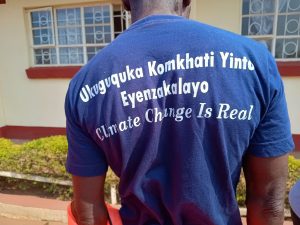Reduction and empowerment of young female dropouts in Soroti District, Uganda
Kvinders rettigheder
Uganda
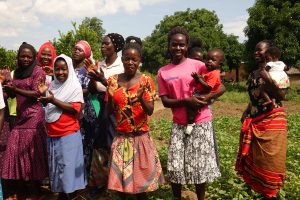
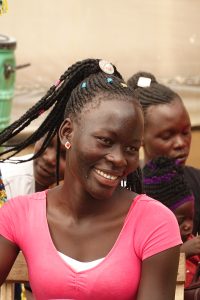
Opdatering februar 2024:
Reduction and Empowerment of Teenage Mothers and School Dropouts, Phase III
Projektet startede som et pilotprojekt i 2019 og går nu ind i sin (sidste) fase III i 8 landsbyer i Soroti district, Uganda. Problemet med børn og unge (specielt piger) der dropper ud af skolen er enormt. De dropper ud på grund af fattigdom, tidlige forsørgerpligter, manglende erkendelse hos forældre af nødvendigheden af uddannelse – og graviditet. Traditionen med brudepris er udbredt i området, så mange helt unge piger tvinges til ægteskab for at redde familiens økonomi. De unge ved ikke noget om sex og svangerskabsforebyggelse, det er tabu og belagt med fordomme, og teenage mødre smides ud af skolen og stigmatiseres af samfundet.
Projektet tager hånd om disse piger (og nu også drenge, teenage fædre), hjælper dem tilbage i skolen eller giver dem en håndværkeruddannelse og indsigt i opsparing og økonomi, så de bliver i stand til at forsørge sig selv og deres børn. Men dette har kun været muligt fordi vores samarbejdspartner, en lokal NGO (Community Integrated Development Initiatives, CIDI) har været gode til at involvere og engagere det omgivende samfund i projektet. Det gør de ved bl.a. at etablere såkaldte ”advocacy groups”, en slags fortaler grupper, på alle niveauer fra primary school elever til politikere, religiøse ledere, klanledere osv.
Fase III af projektet er startet 1. december 2023 og løber til 31. november 2025 og finansieres (som fase I og II) af CISU.
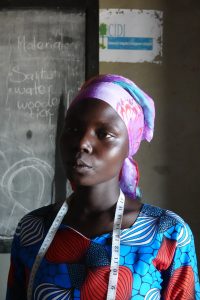
Nogle af de første 360 piger (fra 12 til 19 år) plus 30 drenge der har været optaget i projektet har valgt at vende tilbage til skolen, de fleste har valgt et håndværk: frisør, skrædder, kunsthåndværk (herunder sandaler), catering. Fase III optager 100 nye teenage mødre og -fædre plus 200 primary school elever (10 til 15 år gamle), både drenge og piger. Uddannelsen udvides med fokus på sexuallære og prævention, og der tilbydes to nye håndværk: tømrer og murer. De unge bliver medlem af en slags fagforening, af en opsparingsforening, og de bliver undervist i forskellige former for bæredygtigt landbrug så de kan supplere deres indtægt med salg af f.eks. grøntsager.
Desuden oprettes køkkenhaver på to af skolerne så eleverne kan få et måltid mad, hvad der både hjælper på indlæring og forhindrer at de dropper ud.
På monitoreringsbesøg har vi oplevet utallige succeshistorier, piger med forfærdelige historier bag sig der udvikler sig til selvbevidste unge kvinder med mod på fremtiden. Mange af disse bliver selv undervisere i projektet (Trainers of Trainees) og er dermed med til at gøre det bæredygtigt.
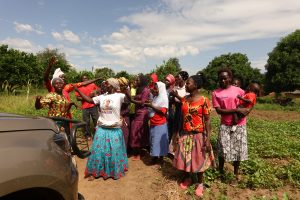
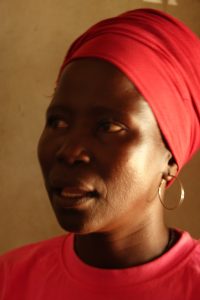
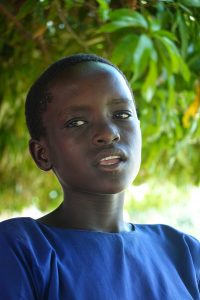
English version
Since 2019 this project has helped young female dropouts from schools in Soroti District, Uganda. They drop out because of poverty, ignorance about the importance of education – and because they get pregnant. The old tradition of dowry forces many very young girls to marriage in order to save the economy of the family. Teenage mothers are thrown out of school and stigmatized by the community.
360 young girls (and in Phase II also 30 young boys) have so far been primary beneficiaries and have either been helped to go back to school or have had vocational training in tailoring, hair dressing, handicraft or catering. However, this has only been possible because our partner, a local NGO (Community integrated Development Initiatives, CIDI) has been very good at involving and engaging the surrounding community. They have established advocacy groups at all levels, from Primary School pupils to politicians, religious leaders, clan leaders etc.
Phase III of the project started 1.12.2023 and will end 31.11.2025. It is funded by CISU.
100 new teenage mothers and fathers will be part of the project in Phase III, plus 200 primary school pupils aged 10 to 15, both girls and boys. A new initiative is that two schools will establish kitchen gardens so that the pupils can have a meal, which will improve learning and prevent dropout. More focus will be put on sexual education and family planning, and two more trades will be introduced: carpentry and bricklaying. The young people will be members of a kind of trade union, of Village Savings and Loan Associations, and they will be taught different kinds of sustainable agriculture so that they can supplement their income by selling vegetables, for example.
At monitoring visits we have been presented with numerous success stories. We have seen young girls with terrible pasts changed into self-contained, strong young women with hopes for the future. Many of these are now teaching themselves (as Trainers of Trainees), and in this way making the project sustainable.
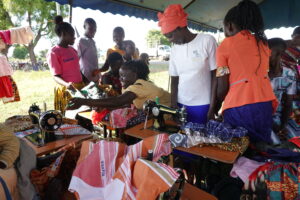
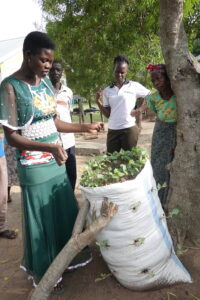

Partner: The project is implemented by a local NGO, Community Integrated Development Initiatives (CIDI).

